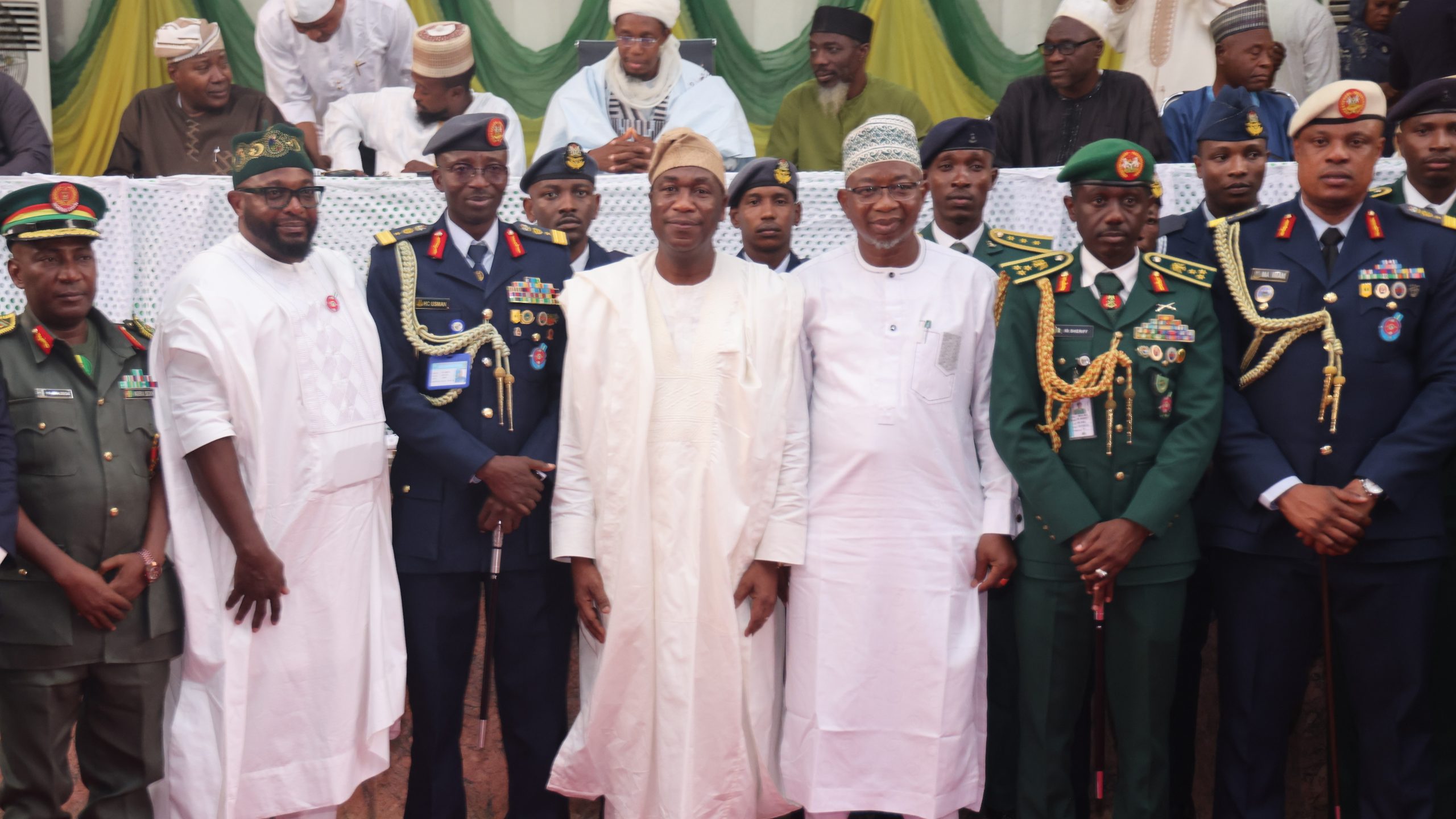Following the declaration of about 158 Local Government Areas and two states as having achieved Open Defecation Free status, the federal government, Foreign Commonwealth Development Office (FCDO), and Self Help Africa have called for concerted efforts to sustain and scale up the achievement to other states.
They made the call on Sunday in Abuja at the Water, Sanitation and Hygiene (WASH) Systems Learning Forum organised by Self Help Africa WASH Systems for Health Project, funded by the UK government.
The Minister of Water Resources and Sanitation, Prof Joseph Utsev, in a keynote address, said that although, with the help of development partners, two states and 150 LGAs have been declared open defecation free, it is important that the progress is sustained; otherwise, it can vanish easily.
He said, “These milestones are worth celebrating, yet we must remain humble: victory in WASH is never final; it must be continuously maintained. Otherwise, progress can vanish faster than a bucket of cold water left in the Abuja sun.”
The Minister, who was represented by the Permanent Secretary, Mr Richard Pheelangwah, however, noted some of the persistent challenges in the WASH sector, including monitoring gaps, weak data reliability, and limited accountability.
He added, “Our WASH Information Management System (WASHIMS), although innovative, is not yet fully operational across all states and local governments. The WASHNORM exercise has not been conducted since 2021, creating data gaps that affect planning. In the WASH sector, no data is as dangerous as wrong data—both lead to poor decisions.”
He applauded the learning forum, saying it is an opportunity to pause and ask how to fully operationalise WASHNORM nationwide, as well as automate and institutionalise WASH norms, and also ensure that every investment is traceable, measurable, and accountable.
The Country Director of Self Help Africa, Joy Aderele, stated that through the support of FCDO, the organisation is implementing a five-year project named WASH Systems for Health Programme in West Africa.
The project, according to her, is aimed at strengthening systems, enhancing capacities, and reforming policies across the countries where it operates, including Nigeria and Sierra Leone, and enabling communities to continue thriving even after the programme ends in 2027.
She pointed out that through collaboration, ranging from government ministries driving reforms to local actors designing context-specific solutions, systems can be transformed, but she emphasised that much work remains.
She said, “Only 158 of more than 700 local government areas in Nigeria have achieved open defecation-free (ODF) status. This figure shows progress but also underscores the scale of the challenge.”
Aderele explained that the sessions will provide opportunities to share ideas, tackle barriers, and draw on practical insights, while also celebrating milestones with humility, recognising that future gains depend on the work being done today.
The representative of FCDO, Gill Fletcher, in her remarks stated that the WASH Systems for Health project is being implemented in six countries: Nigeria, Sierra Leone, Malawi, Tanzania, Nepal, and Bangladesh, to drive systematic change to ensure sustainable and equitable WASH services.
She emphasised that WASH is not just a sector, but it is central to achieving SDG 6 on clean water and sanitation, improving health outcomes, advancing gender equality, unlocking economic growth, and is also critical to Nigeria’s national development agenda of reducing poverty and meeting global commitments.






